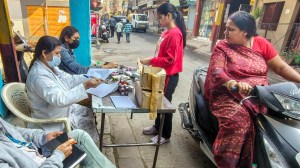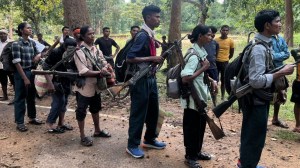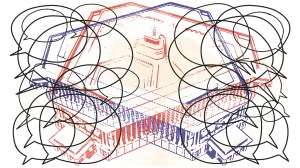Sandeep Dwivedi is the Sports Editor at The Indian Express. He is one of India's most prominent sports journalists, known for his deep analytical insights and storytelling that often goes beyond scores and statistics to explore the human and cultural side of sports. Professional Profile Role: As the Sports Editor, he leads the sports coverage for the newspaper and the website. Weekly Column: He writes "The Sports Column," a weekly feature where he provides sharp, narrative-driven perspectives on the biggest sporting news of the week. Podcast: He is a frequent contributor to the "Express Sports" podcast (Game Time), where he discusses evolving trends in cricket and other international sports. Areas of Expertise While Dwivedi covers the entire sporting spectrum, his work is particularly noted in the following areas: Cricket: He provides extensive coverage of the Indian National Team and the IPL. He frequently analyzes the leadership styles of figures like Virat Kohli, Rohit Sharma, and Gautam Gambhir. He is known for tracking the transition phases of Indian cricket and the evolution of specific players like Kuldeep Yadav and Rishabh Pant. Athletics & Olympic Sports: He has written extensively on Neeraj Chopra’s rise in javelin, the nuances of Indian shooting, and tennis legends like Sania Mirza and Leander Paes. Human Interest Stories: A hallmark of his writing is his focus on the struggles and backgrounds of athletes, such as the sacrifices made by Shafali Verma’s father or the "silent battles" of veteran players like Cheteshwar Pujara. Notable Recent Work & Themes Leadership and Dynamics: Recently, he has written about the dynamic between Gautam Gambhir, Virat Kohli, and Rohit Sharma, arguing that personal friendship is not a prerequisite for team success. Sports & Culture: His articles often intersect with global culture, such as his deep dive into the 100-year legacy of the Harlem Globetrotters and their role as American soft power during the Cold War. The "Grey Areas" of Sport: He often addresses sensitive topics like the mental health of cricketers post-retirement, the "outrage industry" in sports broadcasting, and the impact of fan-wars on the game. Tenure and Experience Dwivedi has been with The Indian Express for over three decades. This experience allows him to provide historical context to modern sporting events, often comparing current crises or triumphs to those of previous generations. You can follow his latest work and columns on his official Indian Express Author Profile. ... Read More

































